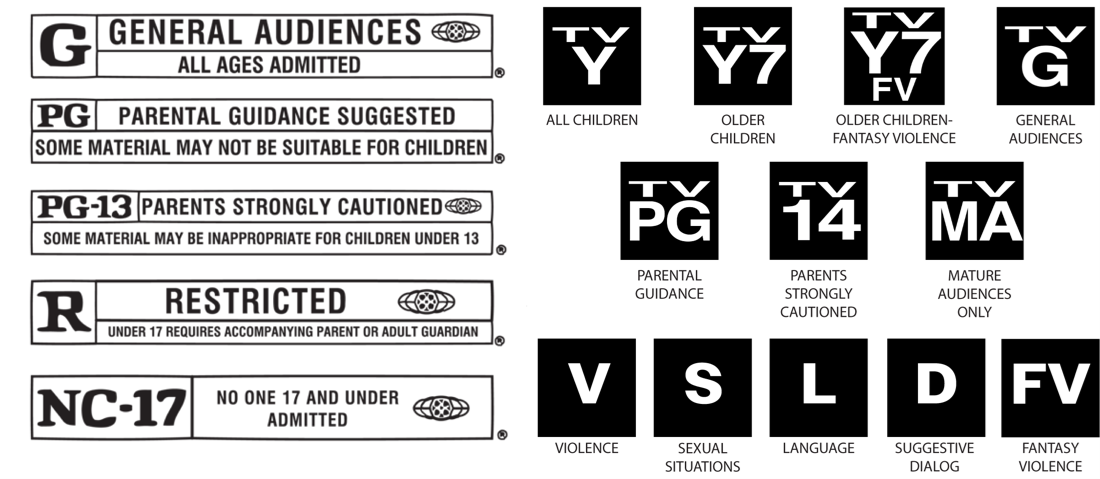The Eye of the Beholder
How DEI brings out the best and worst of people
The late comedian Robin Williams was fond of reminding people that "No movie is real" whenever someone questioned whether something in the film was plausible or not. Williams’ warning is good counsel for those upset about People of Color (POC) casting decisions and recently released movies.
The Power of The Little Mermaid
To a storm of criticism, Disney recently released the trailer for the live-action version of "The Little Mermaid," featuring a black actress in the lead role. While the casting of 22-year-old African American Halle Bailey and her appearance in the trailer as Ariel thrilled millions of adults and children worldwide, millions of others have found offense.
For example, a host from the Daily Wire, responding to a comment about "white erasure," remarked on camera that "From a scientific perspective, it doesn't make much sense to have someone with darker skin who lives deep in the ocean." He went on to say, “the Little Mermaid should be pale.” But it does not matter what color skin the actor has since mermaids don't exist in reality, much less science.
For some, verbal criticism wasn’t enough. An "anonymous scientist" used AI to whiten Bailey's skin so she looked like a "white-skinned ginger" and posted it on Twitter. Facing backlash and despite a follow-up message that attempted to defuse the situation by saying, "This is purely for educational purposes; please do not misinterpret this in a racist way,” Twitter suspended the account. Sadly, the post’s deletion hasn't stopped its spread, as it is still online.
As of this writing, 23.3 million people have viewed the trailer on YouTube. Before the platform disabled the counter, the trailer amassed 1.1 million "likes" and more than 2 million dislikes, making it the most disliked movie trailer ever released. Paraphrasing an old quote, "Hate gets halfway around the world before the truth gets its boots on." Nevertheless, parents worldwide have posted videos of their daughters reaction to seeing a “brown Ariel” for the first time. They are the images that bring tears of happiness to a parent’s eyes.
Bringing visibility through storytelling
Another example is "The Woman King." The film is based on female warriors, known as "Agojie," in the African Kingdom of Dahomey, one of Africa's most powerful states in the 18th and 19th centuries. Although the Kingdom's role in the slave trade is a key component of the film, it centers on its unique women warriors, also known as “Amazons,” who protected the Kingdom after the men were forced into slavery.
@nickyknackpaddywack Mayas reaction to #thelittlemermaid trailer. ♬ original sound - Nicky
The film's director, Gina Prince-Bythewood, told Essence, "It’s about honoring the Black women who have been in the struggle, who have died nameless, and it ends with a specific name that embodies our struggle of being invisible, of being unprotected. So, it was a callout in honor of us.” Yet, some critics dismiss the film saying it “isn’t historically accurate.” Others on social media are clamoring to boycott the movie because the writers are white.
Responding to the criticism, Viola Davis told Variety, “First of all, I agree with Gina Prince-Bythewood’s saying you’re not going to win an argument on Twitter. We entered the story where the Kingdom was in flux, at a crossroads. They were looking to find some way to keep their civilization and Kingdom alive. It wasn’t until the late 1800s that they were decimated. Most of the story is fictionalized. It has to be.” Julius Tennon, one of the film’s producers, added, “We have to entertain people. If we just told a history lesson, which we very well could have, that would be a documentary.”
Diversity is all around us
There are plenty of examples where a character's race or nationality is changed to make it more relatable to audiences. A dozen versions of Santa Claus exist worldwide, many appearing as men and women of many races and colors. Anyone traveling through the Christian world will see Jesus depicted as someone who looks like the local population, even though he was a Middle Eastern Jew. Yet despite wide acceptance of these depictions with little complaint, critics of “The Little Mermaid” and “The Woman King” accuse the directors and studios of being “woke.”
Have you ever wondered why the Bible contains no physical description of Jesus? Stories cannot be so sacrosanct that they can never be changed. From a storytelling perspective, what matters is the stories are relatable and meaningful to audiences. For that to happen, the stories have to be able to travel to other cultures and peoples, which means it is necessary to change characters and stories to resemble the intended audiences.
We should celebrate stories and storytellers who make an effort to bridge divides and bring people together.
That’s as real as it gets.
Related Posts


SILICON VALLEY
2336-H Walsh Ave.
Santa Clara, CA 95051
+1(408) 550-2344
LOS ANGELES
3900 W Alameda Ave.
Burbank, CA 91505
+1(310) 496-7307









